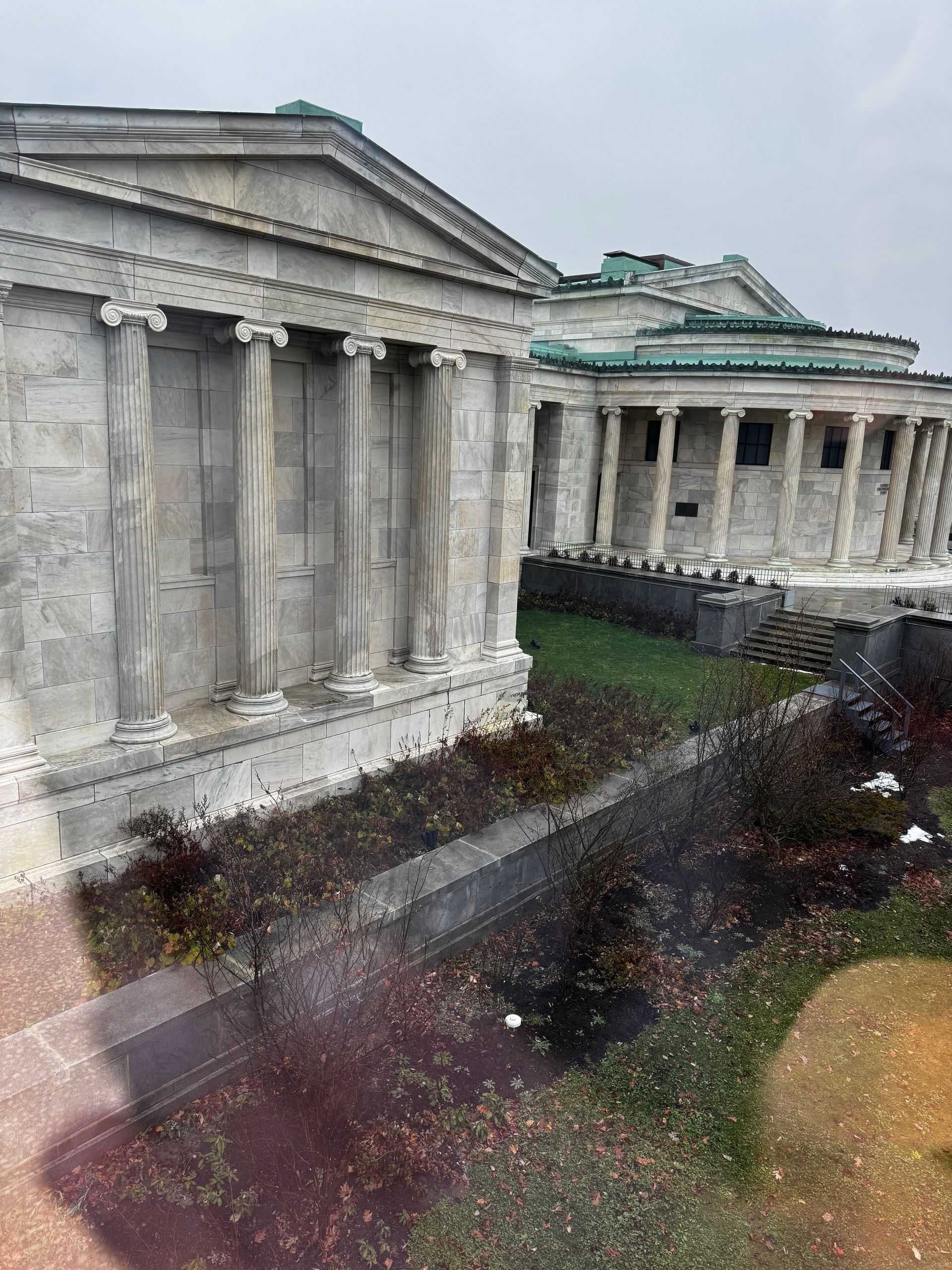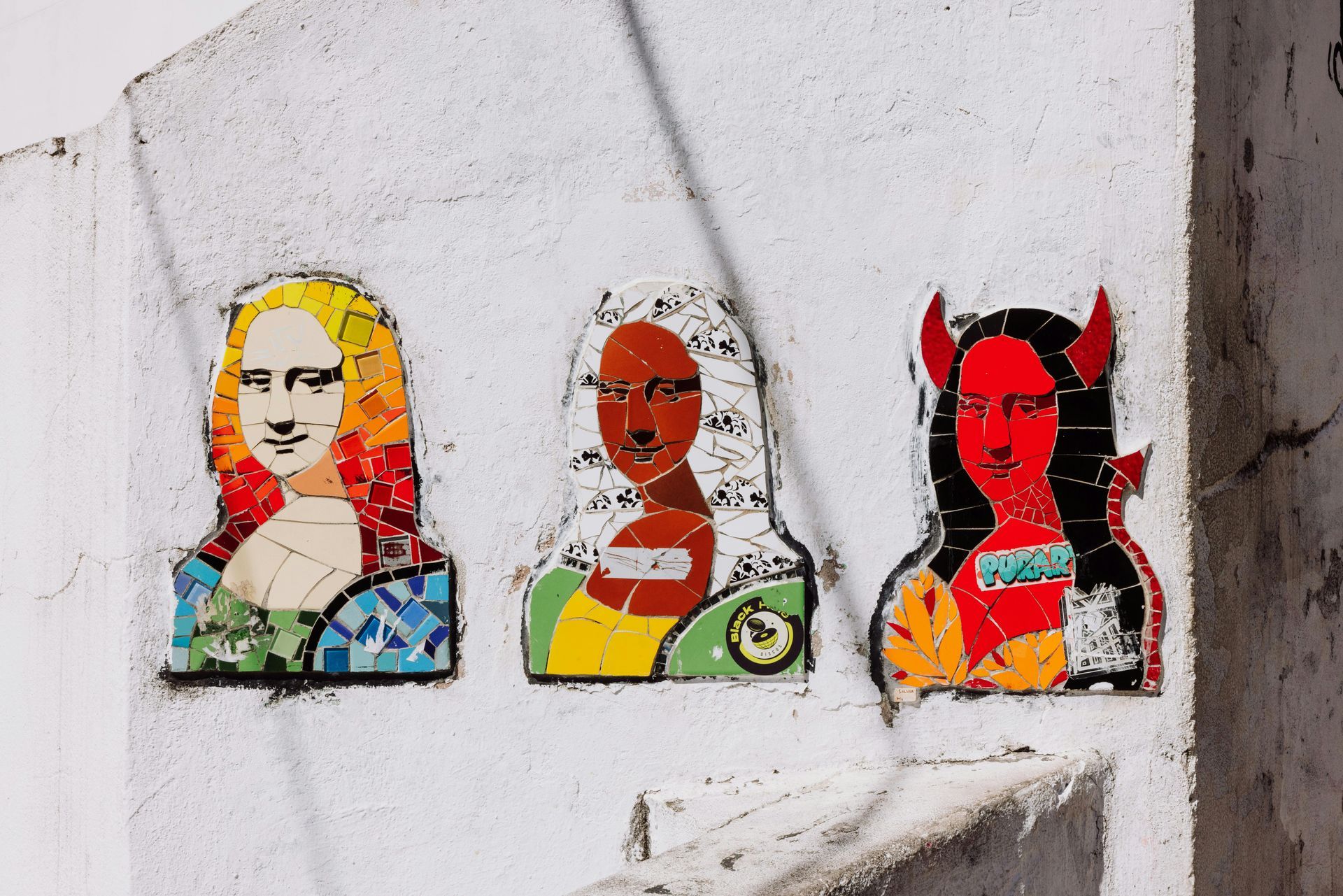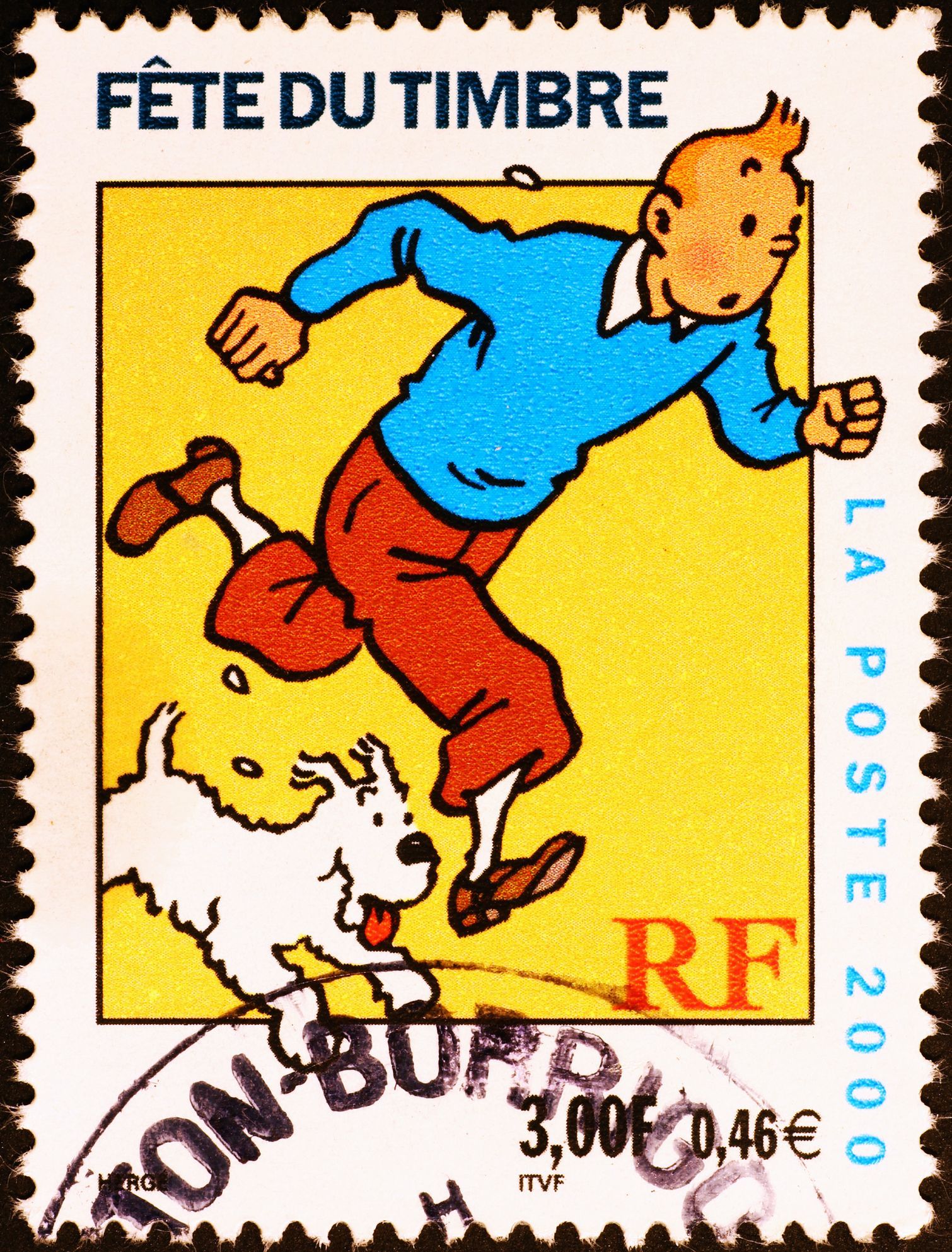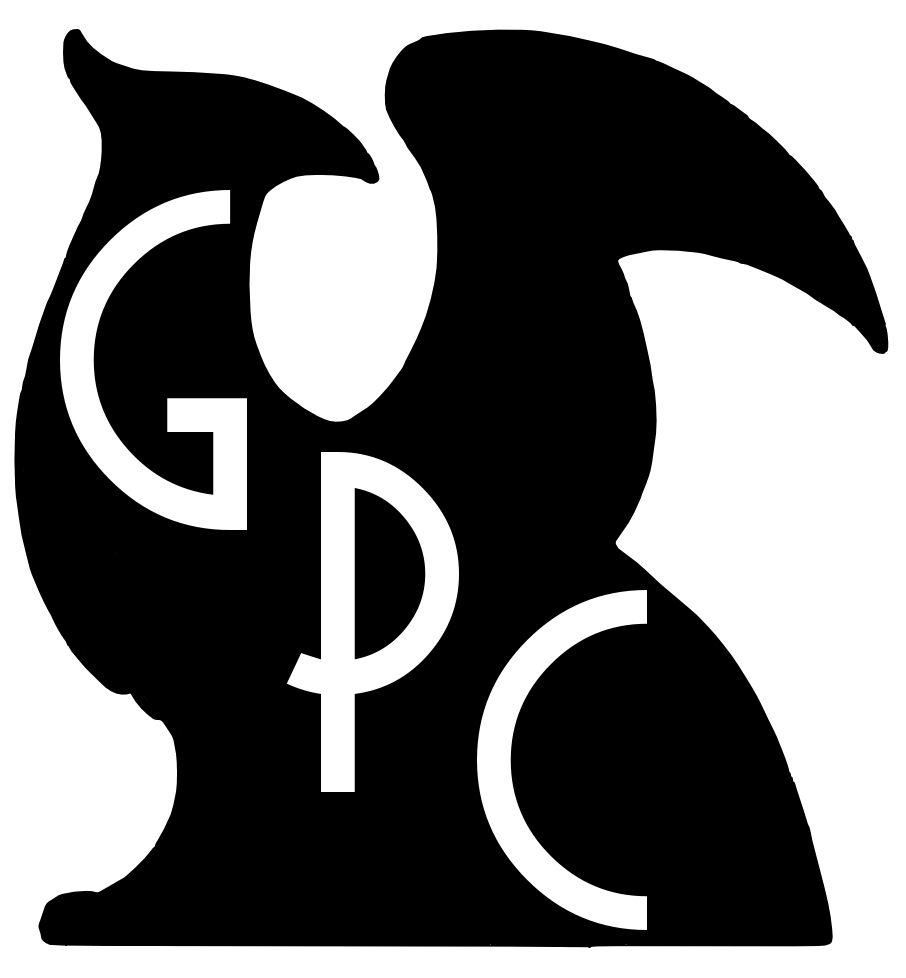New Paragraph
Authors, Publishers, and AI – Oh My!

Copyright is intrinsic to publishing, and yet many indie publishers and author publishers don’t think about how copyright laws influence their work on a daily basis, or just how the landscape of copyright is shifting with the development of Artificial Intelligence (AI) tools. In the United States and most of the western world, copyright vests with the author or creator as soon as a work is set in a fixed format. In the case of books, this is as soon as those words hit the screen or are inscribed on paper, or when a photographer presses the shutter on their camera or smartphone.
We’ve seen when content is widely available online, the assumption is sometimes made that such content is “free” to use, when it actually requires a proper permission license. Authors and publishers have made that erroneous leap in logic from time to time, but fortunately, we are seeing a greater awareness of copyright from all sectors of the creative economy now that some companies (sometimes AI-driven and sometimes not) have been accused of “scraping” materials for use in new products promoted as existing “for the greater good of all.”
It falls to all of us to keep watch over how new companies are using our copyrighted content, and encourage our legislators to help provide protections to keep our livelihoods viable and profitable. To that end, I wrote a summary of some things that I am keeping an eye on along with my colleagues at the Independent Book Publishers Association (IBPA). Check out my guest post on the Copyright Alliance’s website
here, and let us know in the comments below what copyright issues are important to YOU!
Looking for more information?
© 2014 - 2025 Gryphon Publishing Consulting, LLC All Rights Reserved.
Site Designed & Hosted with SimplicityDMS.com



